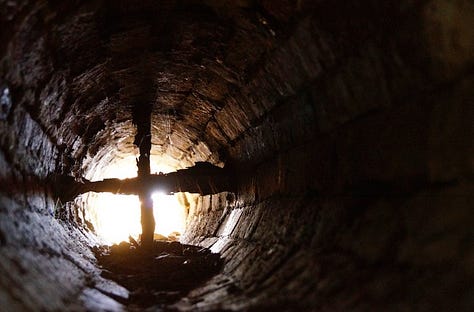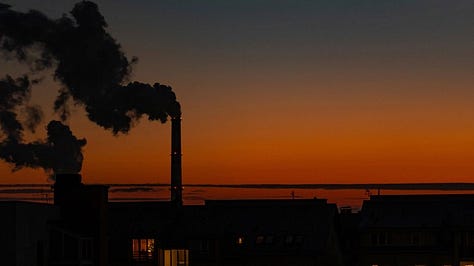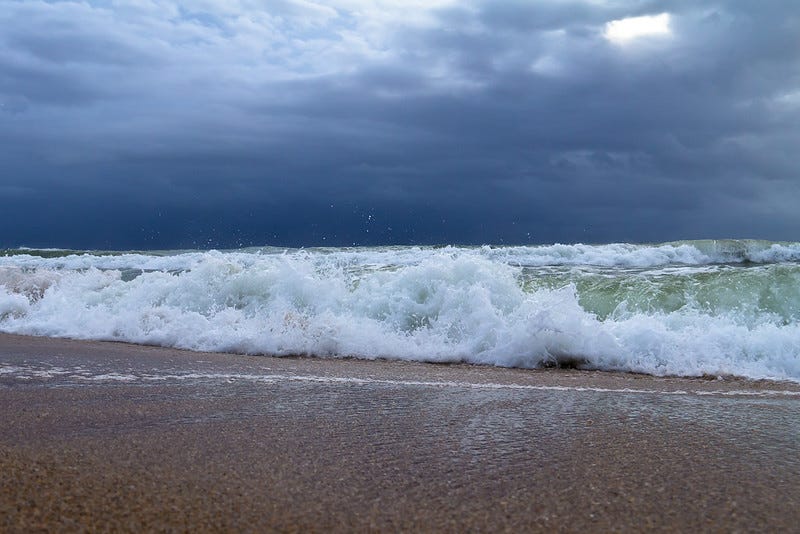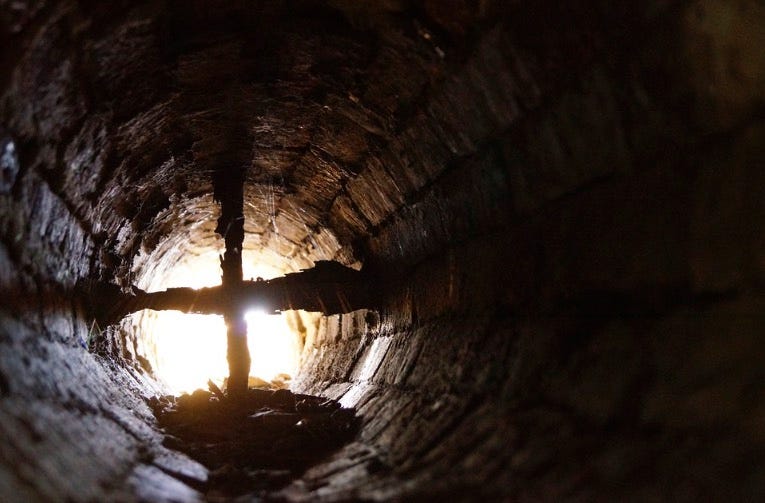Green lights: Our top stories this week
In case you missed it, here's the best from Callaway Climate Insights for the week of Jan. 23.






. . . . Welcome to Green Lights, our weekly roundup of the best of Callaway Climate Insights. We know you’re busy, and we don’t want you to miss any of our great climate finance journalism. So, here are the highlights in a simple and convenient format that makes it easy for our readers. It’s also easy to subscribe.
ESG backlash not stopping bull market in chief sustainability jobs
David Callaway says the anti-ESG backlash from red-state Republicans making international headlines isn’t having much impact on the corporate world’s rush to find sustainability talent or for that matter its focus on environmental, social and governance (ESG) strategies, according to an A-list panel of sustainability hiring executives and private equity leaders he moderated this week. Read all of our Thursday newsletter, free to all our readers.
Hit by a hurricane? Turns out you might turn a profit
Matthew Diebel writes about new research showing home prices in the Sunshine State were 5% higher in the 3-year period after a hurricane, with storm-hit housing markets attracting wealthier residents rather than scaring them away. Here’s why. . . .
As Europe energy markets steady, a new call for a global carbon price
Late last week in Davos, as most elite attendees had already made off to the slopes or fondue joints, a WTO executive took the stage with a new call for an idea that had been on the back burner ever since Russia invaded Ukraine last year — a global carbon price. David Callaway says it’s a timely reminder that there are still ways governments can work together to help reduce global emissions, but like many ideas in Davos it is destined — this time at least — to be lost in the mountain air.
90 seconds to midnight
The Doomsday Clock ticked closer than ever to midnight this week as the Bulletin for Atomic Scientists, the group started three-quarters of a century ago by Albert Einstein, said rising fears that Russia’s invasion of Ukraine could lead to nuclear war and bring the world closer to annihilation.
Can skyscrapers become vertical solar farms?
California-based solar startup Ubiquitous Energy has closed a $30 million round of funding, with a significant investment from Anderson Corp., to support its aim of producing a coating for windows that uses semiconducting materials to convert sunlight into electricity.
Latin America stocks start year with gains in renewables, ESG shares
Three weeks into the year, the big gainers in Latin America last year — the oil and gas companies — were slumping as renewable and ESG stocks retake the limelight, writes Michael Molinski. Part of it may be falling gas prices. Part is tied to new Brazil President Luiz Inacio Lula da Silva. But it’s worth noting, as January trends often dictate the year. Molinski has the winners and losers to date.
How mineshafts could hold a renewables treasure
One power to rule them all? Researchers say the millions of abandoned mineshafts in this country could be a power-storage solution.
More greenery . . . .
From The Independent: Julian Sands is the latest to go missing. Is the climate crisis behind a string of California hiker tragedies?
Climate change, better music, warm drinks: All are reasons this annual polar bear plunge tradition in Canada is moving (partially inside) to better digs for the 2023 Bon Soo Winter Carnival.
Space-age protein powder: Will it change the future of food?
A slippery slope: How climate change threatens to close ski resorts from the Swiss Alps to the Rocky Mountains.
Follow us . . . .










